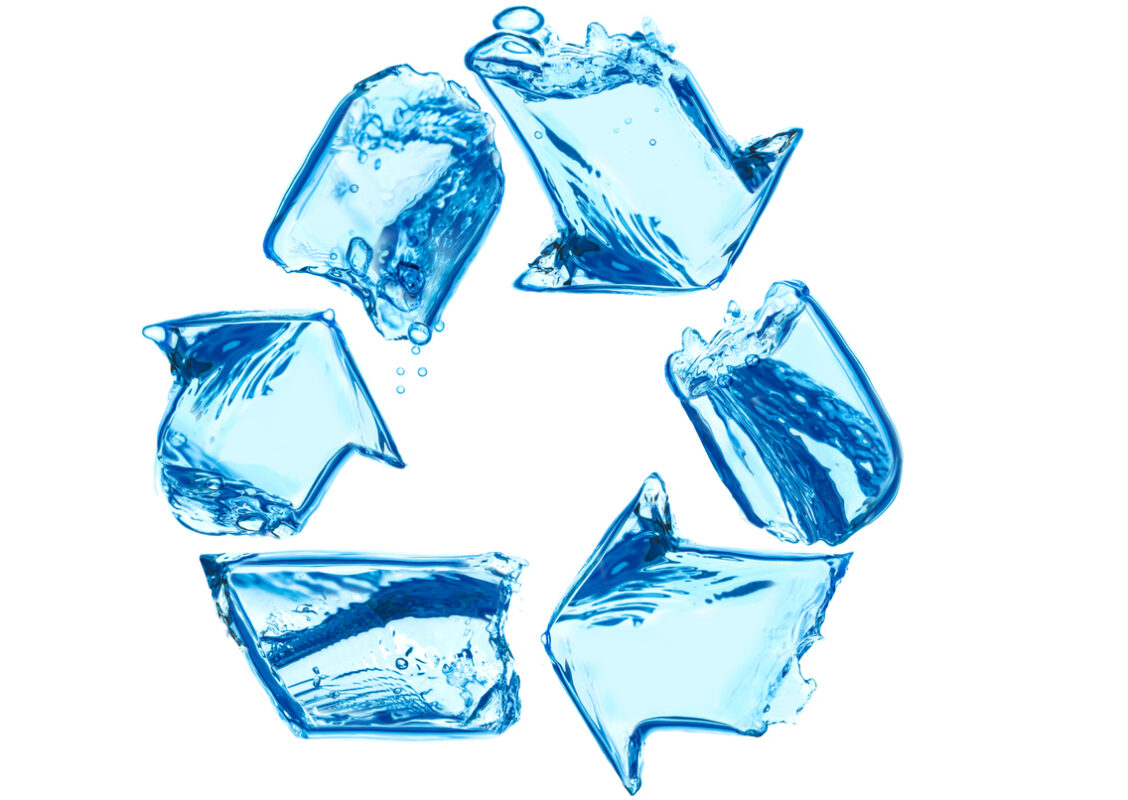Reverse Osmosis
Water Recycling: Sustainable Solutions for Water Conservation
Water scarcity is a growing concern worldwide, making water conservation and sustainable management imperative. Water recycling, also known as water reclamation or water reuse, is a practice that holds tremendous potential in addressing this challenge. This blog post delves into the concept of water recycling, its benefits, and various applications that promote the efficient and responsible use of this vital resource.
Understanding Water Recycling:
Water recycling involves the treatment and reuse of wastewater for various purposes instead of solely relying on freshwater sources. It encompasses a range of treatment processes that transform wastewater into high-quality water suitable for specific applications.
What are the benefits:
- Water Conservation: Water recycling significantly reduces the demand for freshwater sources, conserving this valuable resource for essential needs and environmental sustenance.
- Sustainable Water Management: By incorporating water recycling into our practices, we can create a more resilient and sustainable water supply system, reducing dependence on unsustainable extraction methods.
- Cost Savings: Recycling water can result in cost savings for industries, municipalities, and agricultural sectors by reducing reliance on expensive freshwater sources and minimising wastewater discharge fees.
- Energy Efficiency: Recycling water often requires less energy compared to treating freshwater sources, leading to energy savings and reduced carbon footprint.
- Drought Resilience: Recycling water offers an effective solution during drought conditions when freshwater supplies are limited, helping to mitigate the impacts of water scarcity.
Applications of Water Recycling:
- Industrial Use: Industries can recycle wastewater generated from manufacturing processes, cooling towers, and other operations for purposes such as equipment cooling, non-potable water use, or process water.
- Agricultural Irrigation: Treated wastewater can be reused for agricultural irrigation, reducing the strain on freshwater resources and supporting sustainable farming practices.
- Urban Landscaping: Recycled water can be used for landscape irrigation, parks, golf courses, and other non-potable outdoor water needs, reducing the demand for freshwater for such purposes.
- Toilet Flushing: Treated wastewater can be utilised for toilet flushing in commercial buildings and residential complexes, reducing the reliance on freshwater for this purpose.
- Groundwater Recharge: In some cases, treated wastewater can be further purified and injected into groundwater aquifers to replenish depleted water sources.
Available Technologies:
Water regeneration employs various treatment technologies, including:
- Advanced Filtration: Processes like micro-filtration, ultrafiltration, and reverse osmosis remove suspended solids, microorganisms, and dissolved contaminants from wastewater.
- Disinfection: Techniques such as UV disinfection, ozonation, or chlorination are employed to eliminate pathogens and ensure the safety of recycled water.
- Advanced Oxidation: Advanced oxidation processes (AOPs) like ozone or hydrogen peroxide treatment help degrade organic compounds and remove persistent contaminants.
Regulatory Considerations:
Water reclamation practices are governed by regulations and guidelines to ensure the safety and quality of recycled water. Compliance with these standards is crucial to promote public acceptance and confidence in recycled water applications.
All in all, water renewal presents an innovative and sustainable approach to address water scarcity and promote responsible water management. By embracing water recycling technologies and implementing appropriate policies, we can conserve freshwater resources, reduce environmental impact, and build resilient water systems that meet the needs of present and future generations. Water renewal holds immense potential in achieving a more water-efficient and sustainable future.

